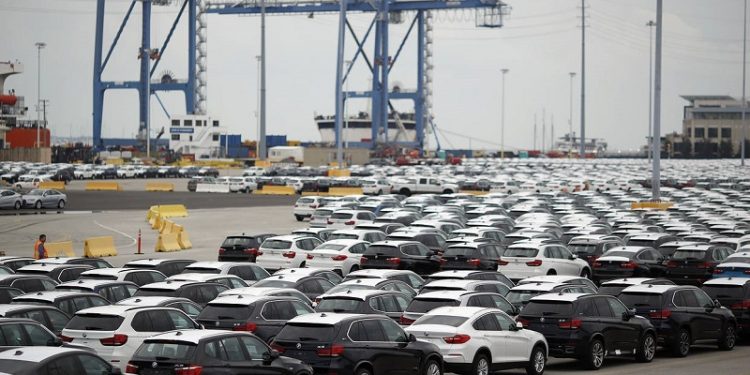The Nigerian Government plans to only buy vehicles from local assemblers in an attempt to boost competitiveness in its automotive manufacturing industry. The move is also in response to the reduction of vehicle import duty of tractors and motor vehicles for the transportation of goods and people from 35% to 5% to lower high costs of transportation, which has received criticism from local players in the auto industry.
Vice President Professor Yemi Osinbajo announced the lower vehicle import duty as part of interventions to boost economic activity in the country, now facing a recession after her GDP contracted by 3.62%.
READ: Nigeria’s Economy Slides into Recession as GDP Contracts by 3.62%
“The point of the reduction in levies for motor vehicles and commercial vehicles for transportation is to reduce the cost of transportation by reducing the vehicles. With subsidy removal, the increase in fuel price, and the pass-through to food prices, transportation costs had to be reduced,’ explained the vice president.
Automakers in Nigeria Lament the Vehicle Import Duty Cuts
Local automakers, however, fear that the cuts are a disincentive to investors in the local automotive sector, both prospective and existing. In a report by The Nation, Peugeot Automobile Nigeria (PAN) Limited Chairman Ahmed Aliyu Wadada warns that the move will hurt other industries like the steel and petrochemical industries which serve local vehicle manufacturers.
However, Osinbajo says that local production does not meet local demand. Local manufacturers only supply 14,000 vehicles annually compared to the demand for 720,000 vehicles.
“At the current rate of production, we will not meet the serious national needs, which mean higher prices of vehicles and greater strain on other sectors that depend on transportation.” said the Vice President, in defense to the import duty cuts.
The Government will promote a policy that the Government must buy only locally manufactured cars, both at federal and sub-national levels. This move will take up local supply, and chart the way to enhancing the local automotive industry.




